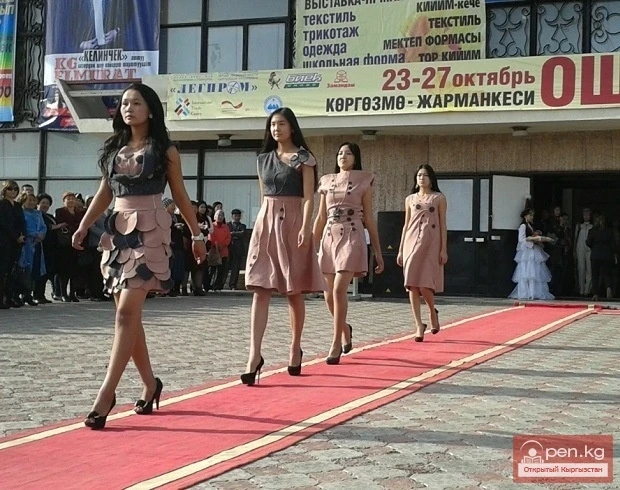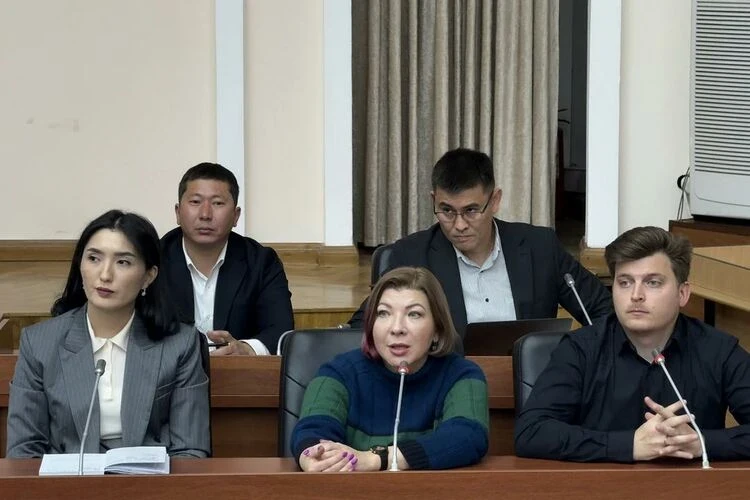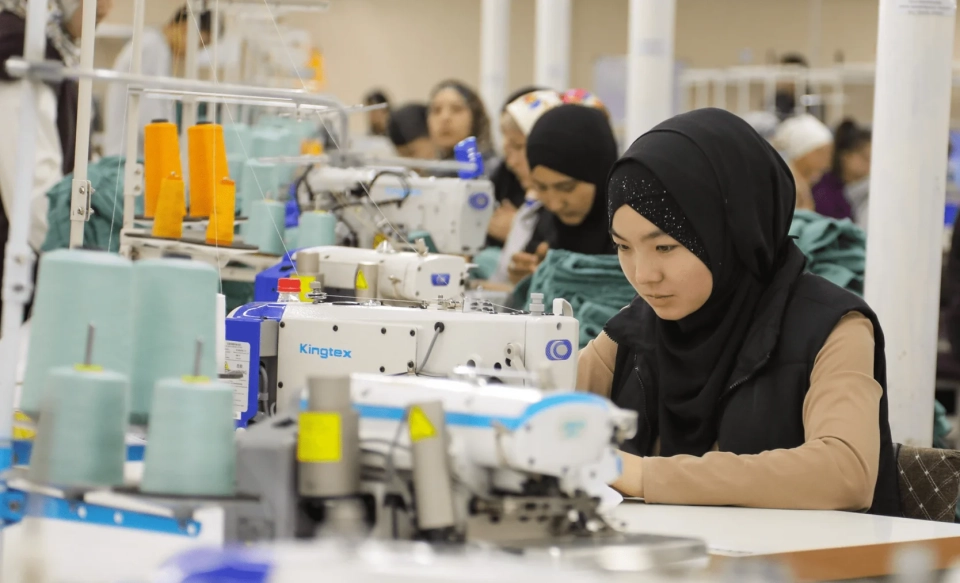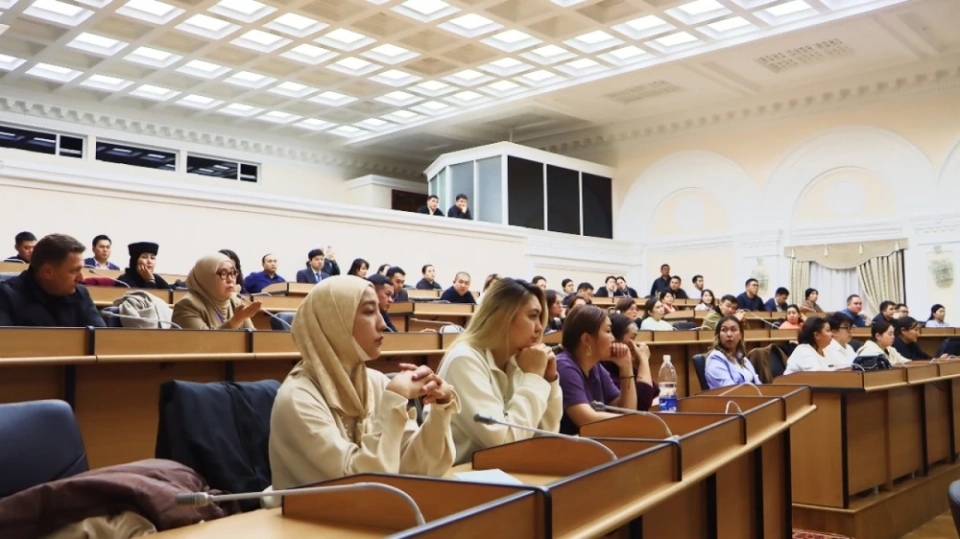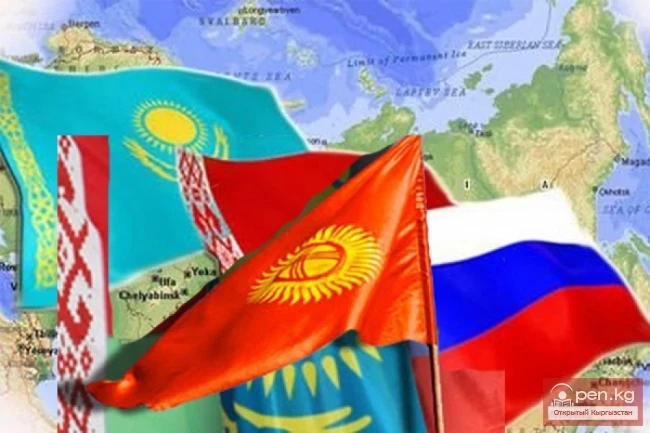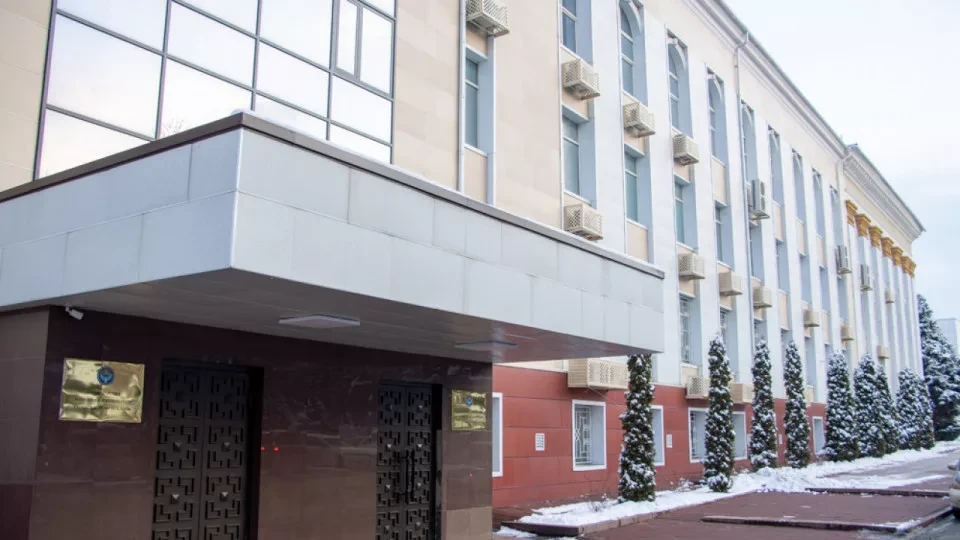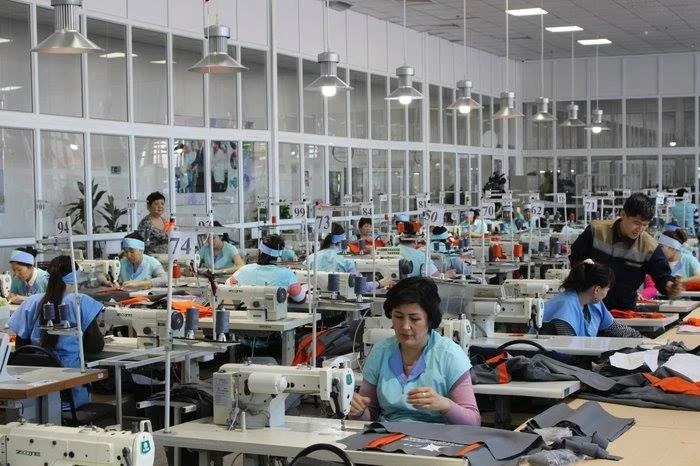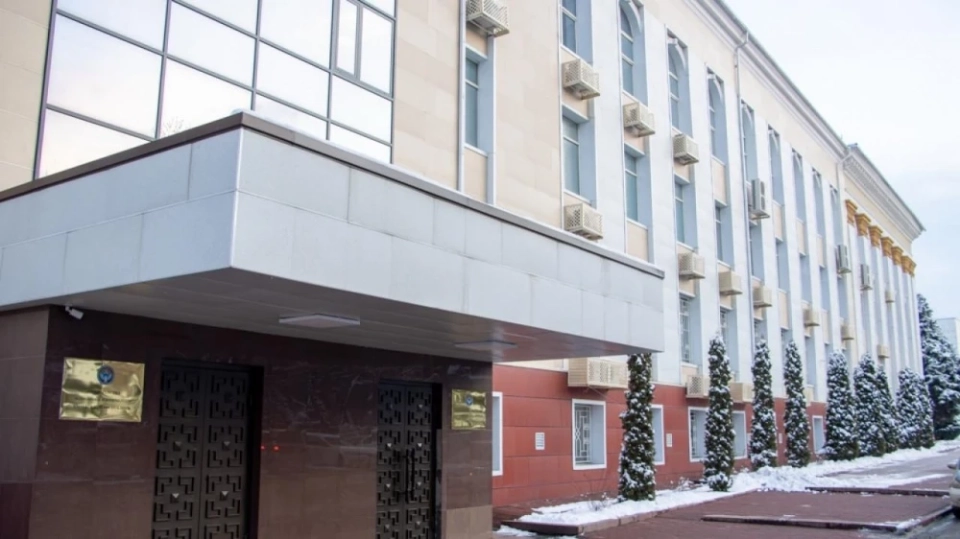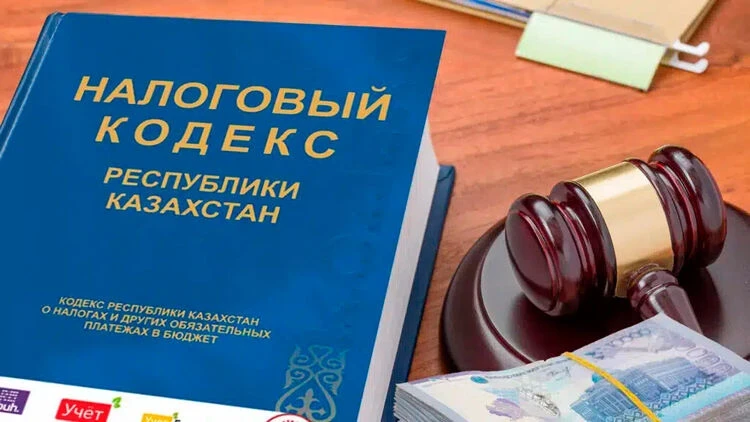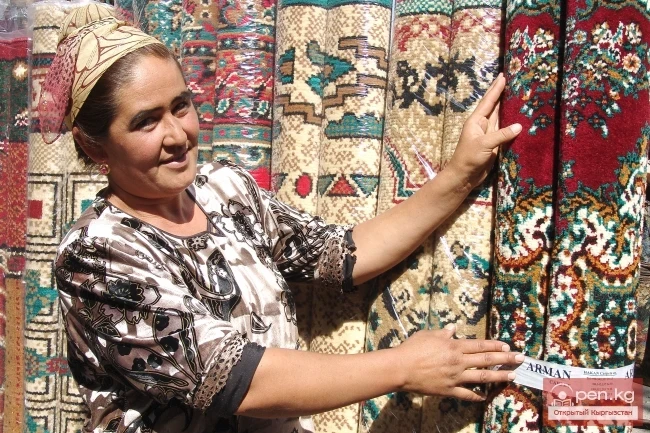Kaktus.media had a conversation with Gulzeil Mansurova, the founder of the Bioro Zeil & Coco brand, about the current challenges in the sewing industry and how the crisis is affecting the entire sector.
The need for legalization, but...
“At a recent meeting of the 'Legprom' association, it was discussed that it is necessary to operate legally. We agree that this is important, but the process is not as simple as it seems,” shares Mansurova.There is also the question of the ability to compete with other manufacturers in Russia, especially considering the new VAT payment requirements for imported goods.
Increased production costs due to certification
Starting next year, mandatory certification of fabrics will be introduced in Russia, as there are no necessary laboratories in Kyrgyzstan.“I can arrange for the shipment of fabrics to Russia for certification,” says Mansurova.
However, the price of one meter of fabric may rise from $3 to $4 after certification, which will lead to an increase in the cost of finished products.She adds: “I was shocked by the news of the need for certification in Russia. I have 800 types of fabrics, and how do I choose ten from them? Clients want variety. How much will it cost to certify all the fabrics?”
Closure of workshops and loss of clients
Data on the number of active sewing workshops in Kyrgyzstan is lacking, as many of them are not registered. However, information from the 'Dordoy' market indicates a troubling situation.“Our employees found out that every fourth container related to local production is closing. People cannot pay rent, and more than 500 workshops have already ceased operations,” says the entrepreneur.
The closure of one workshop means job loss for dozens of people, including seamstresses and packers.Previously, most workshops worked with clients from abroad without requiring any documentation. Now they are facing new conditions.
“Two clients from our company left; they took the patterns and decided to work locally. It became unprofitable for them to place orders with us,” recounts Gulzeil Mansurova.
Problems with marketplaces
Vendors who sold goods through marketplaces find themselves in a difficult situation. They can no longer ship their products.“We were waiting for when we could start listing products again. But now we are at a standstill. The exact date when the marketplace will start accepting our goods is unknown,” says the entrepreneur.
I don’t know what to do: close the business on the marketplace or wait. We don’t know.When stocks of goods are depleted, vendors cannot update their listings. Many products are stuck at the border, and it is impossible to return them to Kyrgyzstan.
Payment issues
Receiving money from clients in Russia is becoming increasingly difficult due to sanctions against Russian banks.“Even with all the documentation, we cannot receive money. You never know which bank will be sanctioned and freeze funds,” she explains.
Lack of information
Entrepreneurs are experiencing a lack of accurate information on how to proceed. They are constantly monitoring news and changes in supply conditions.“Every time something new arises. We try to follow the recommendations, but the information is often contradictory, and we don’t know whom to trust,” notes Gulzeil Mansurova.
What to do next?
Representatives of the sewing industry are questioning the future of their business. Should they wait out the tough times or seek new markets?“At a meeting with representatives of 'Legprom', it was suggested to wait, but for how long? We don’t know,” says Gulzeil Mansurova.
We are advised to consider markets in the Middle East or neighboring countries, but this requires a new strategy.“We are used to working with the Russian market and know its requirements. Now we need to adapt to new conditions,” adds the entrepreneur.
Long-term consequences
The sewing industry has always played an important role in the country's economy, providing thousands of jobs. However, the current problems may have serious implications for its future.“We are not ready for such changes, especially in the midst of the season. We are losing the autumn and winter seasons,” concludes Gulzeil Mansurova.
It is difficult to find funds for new collections and marketing. Losses may stretch for 2-3 years. The government should pay attention to our situation and provide support.“I have never felt this bad, and I am truly scared,” she concluded.
